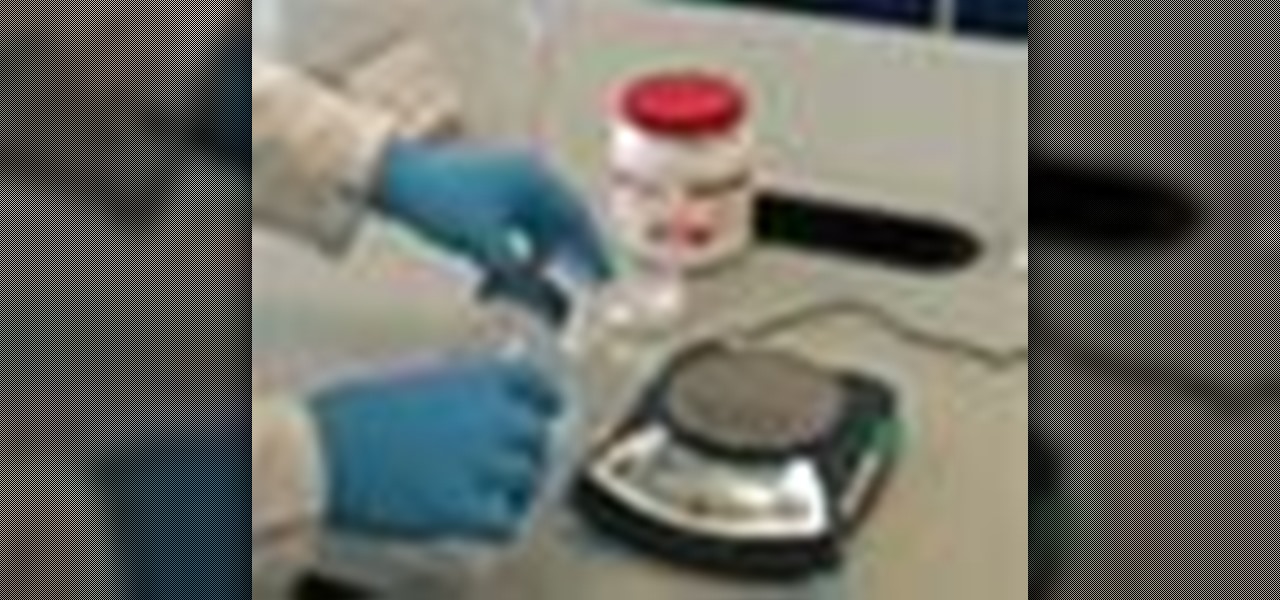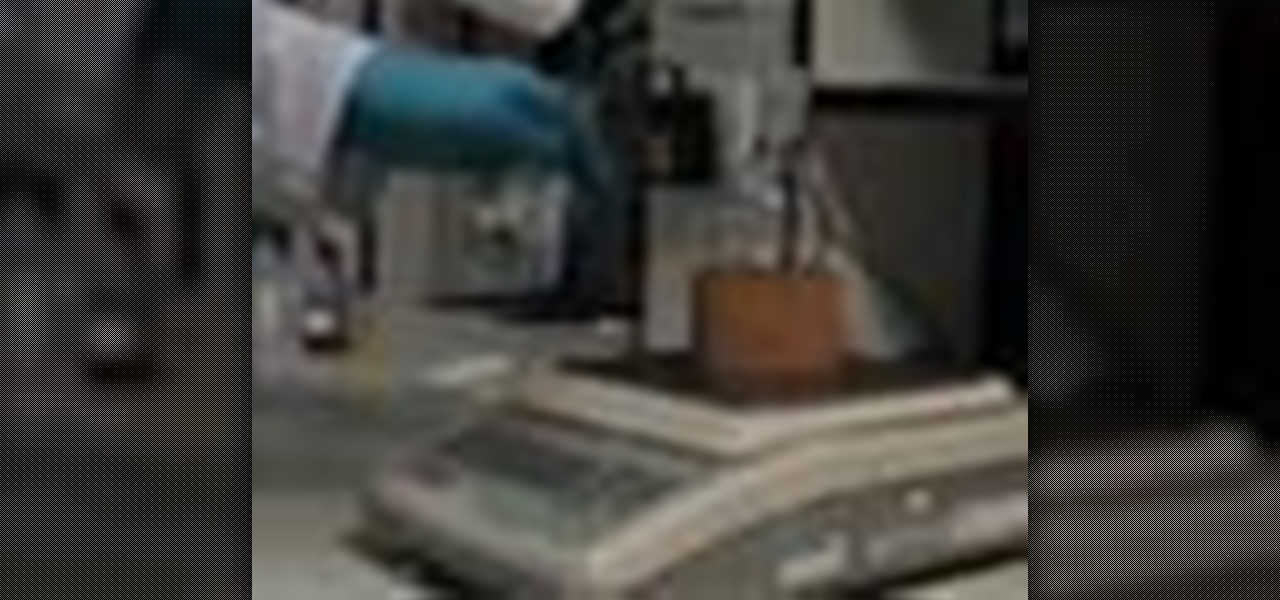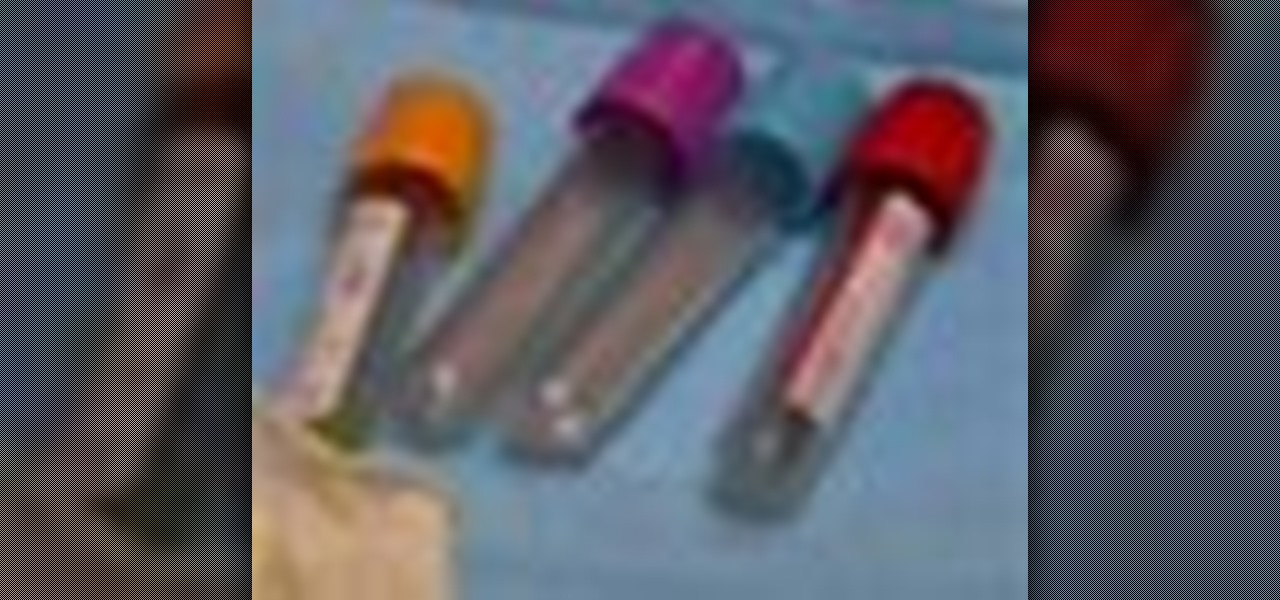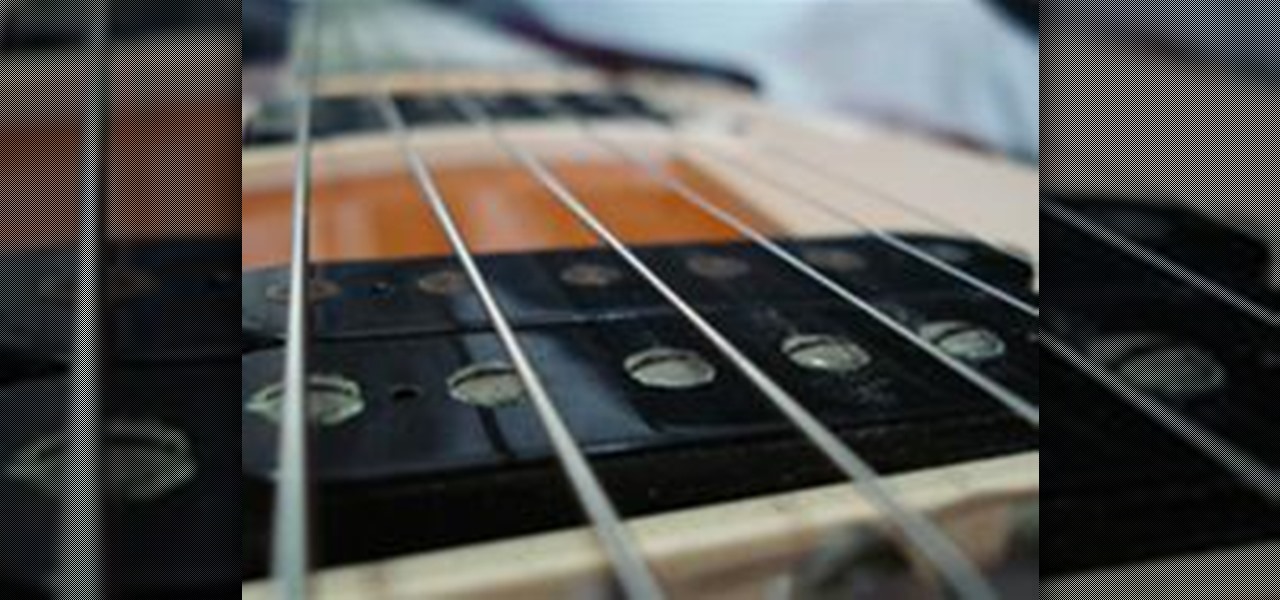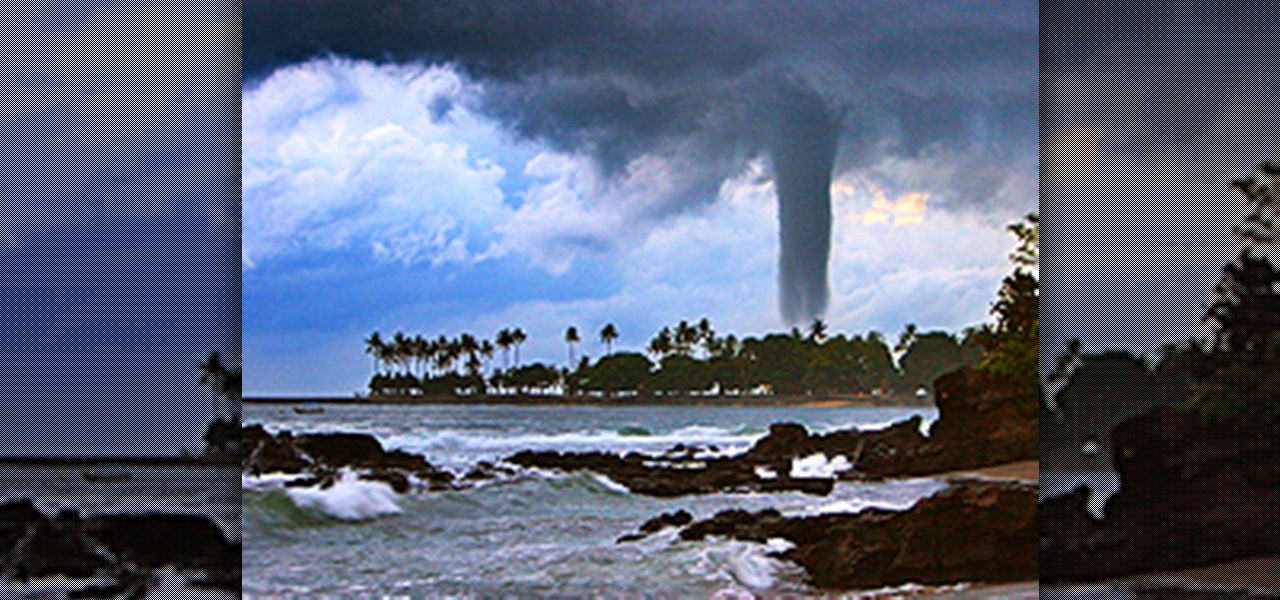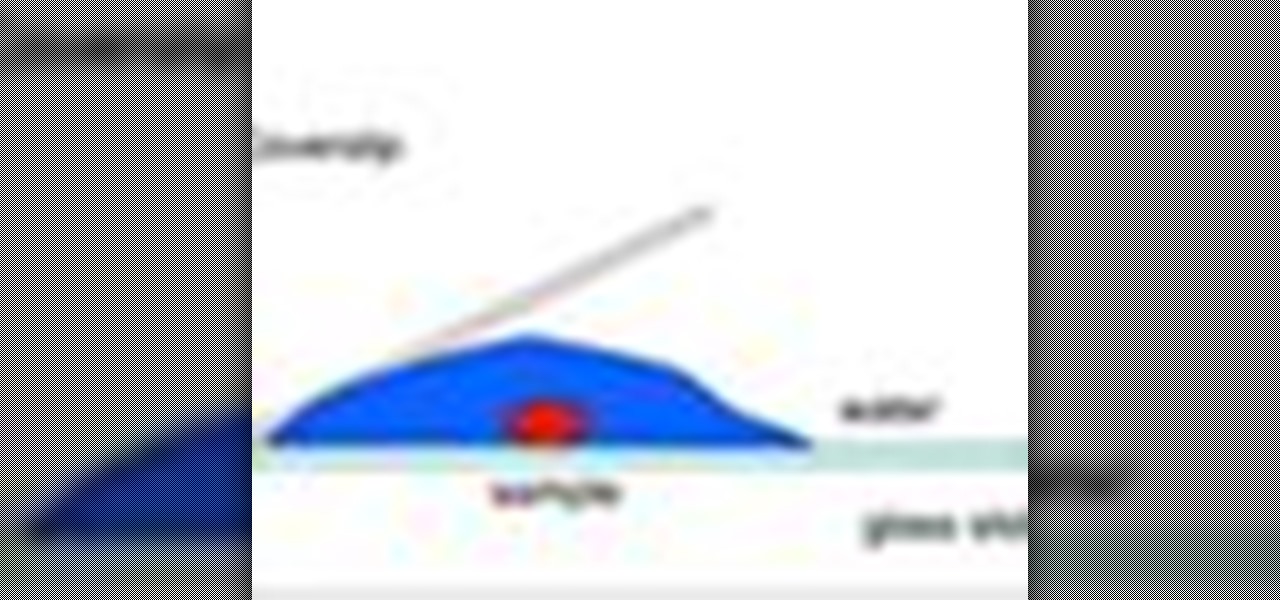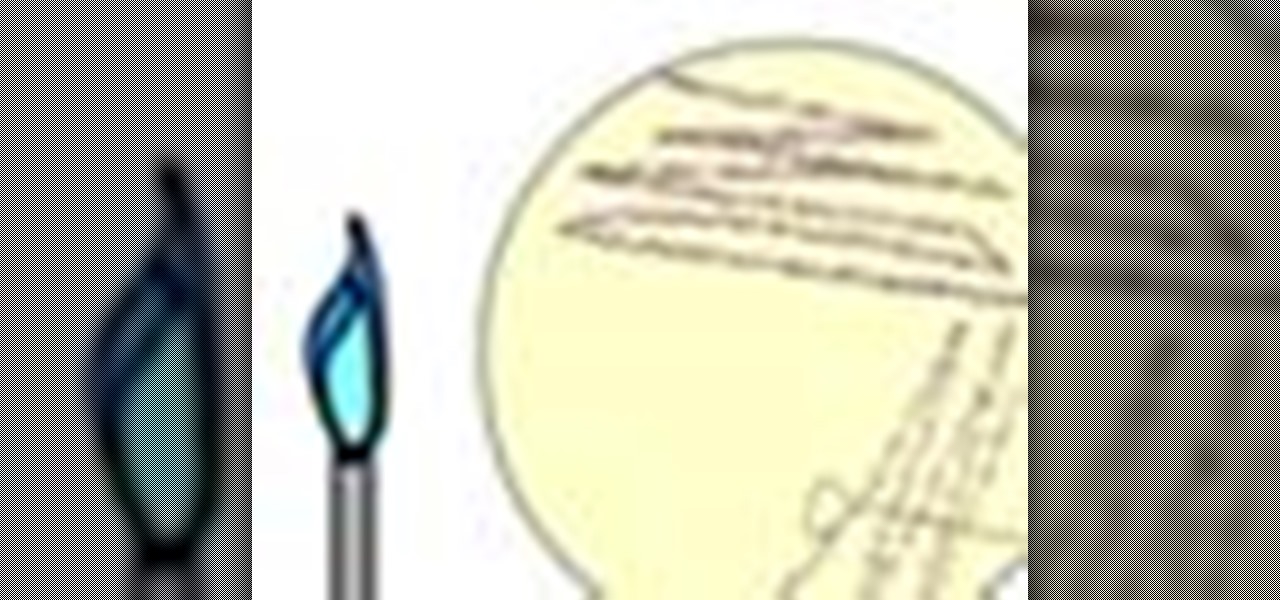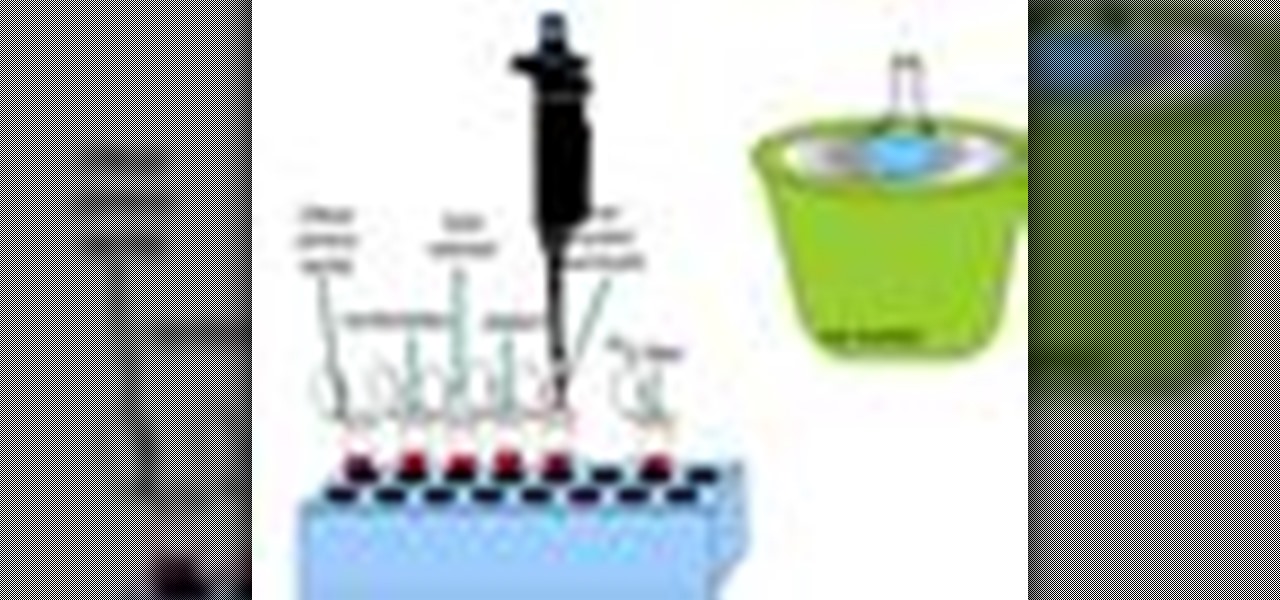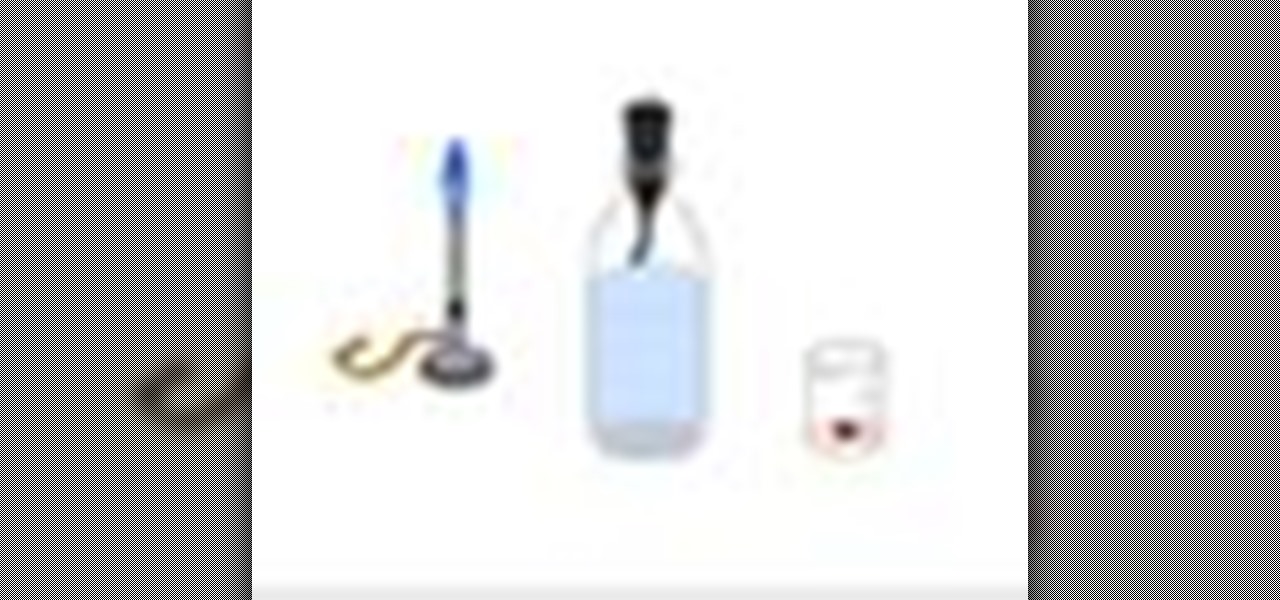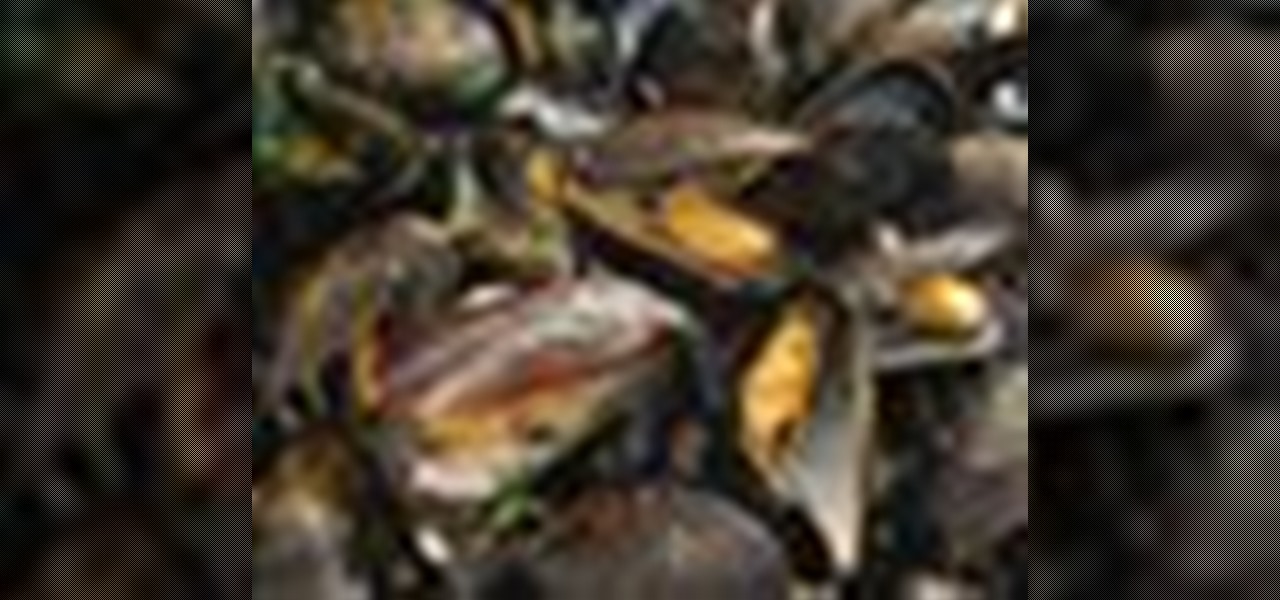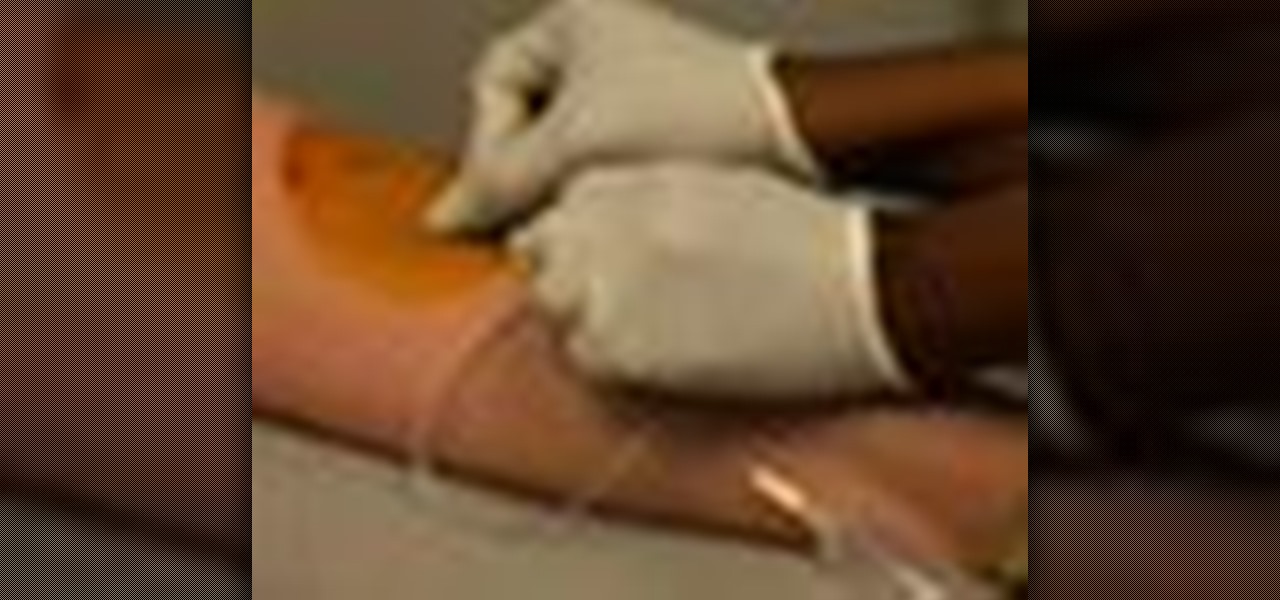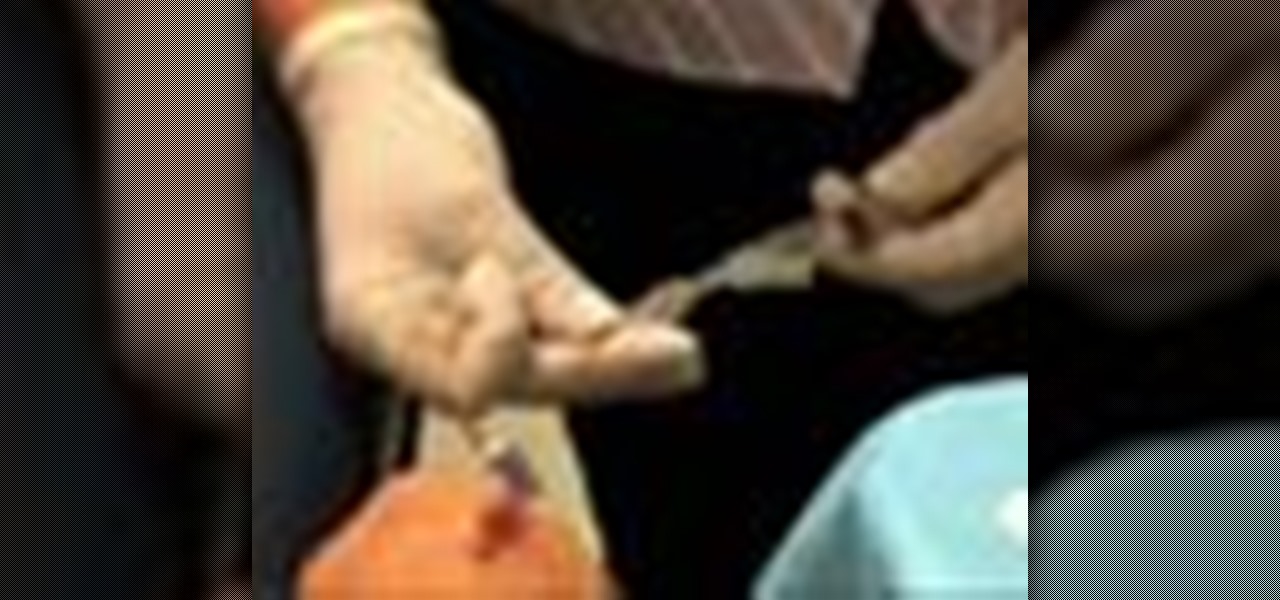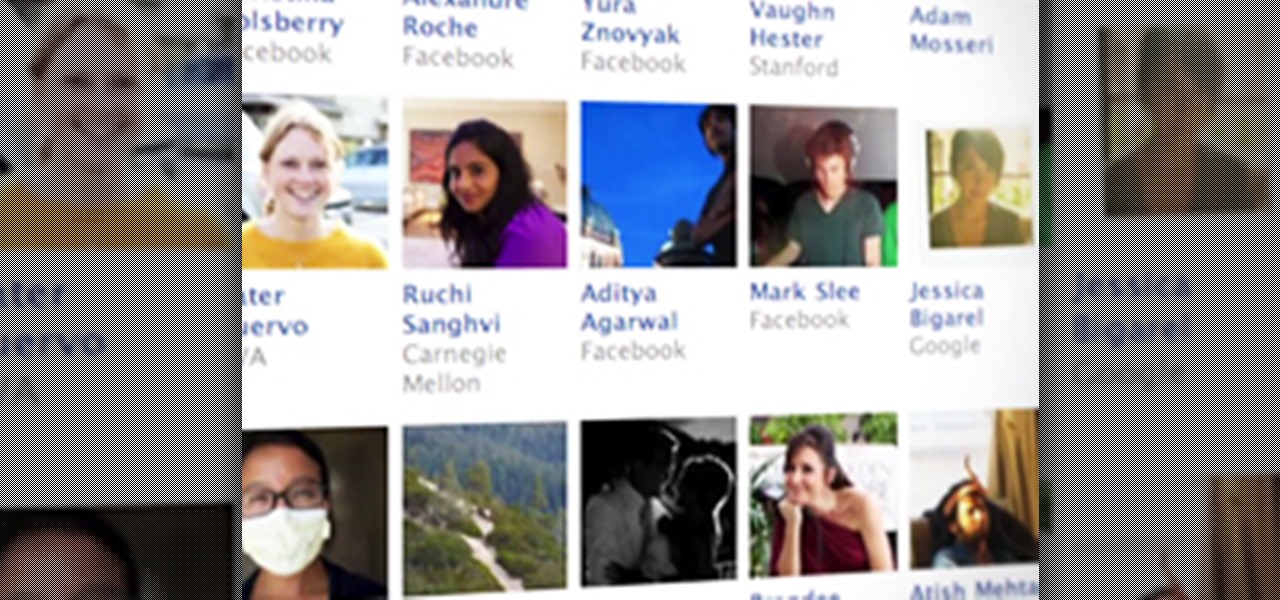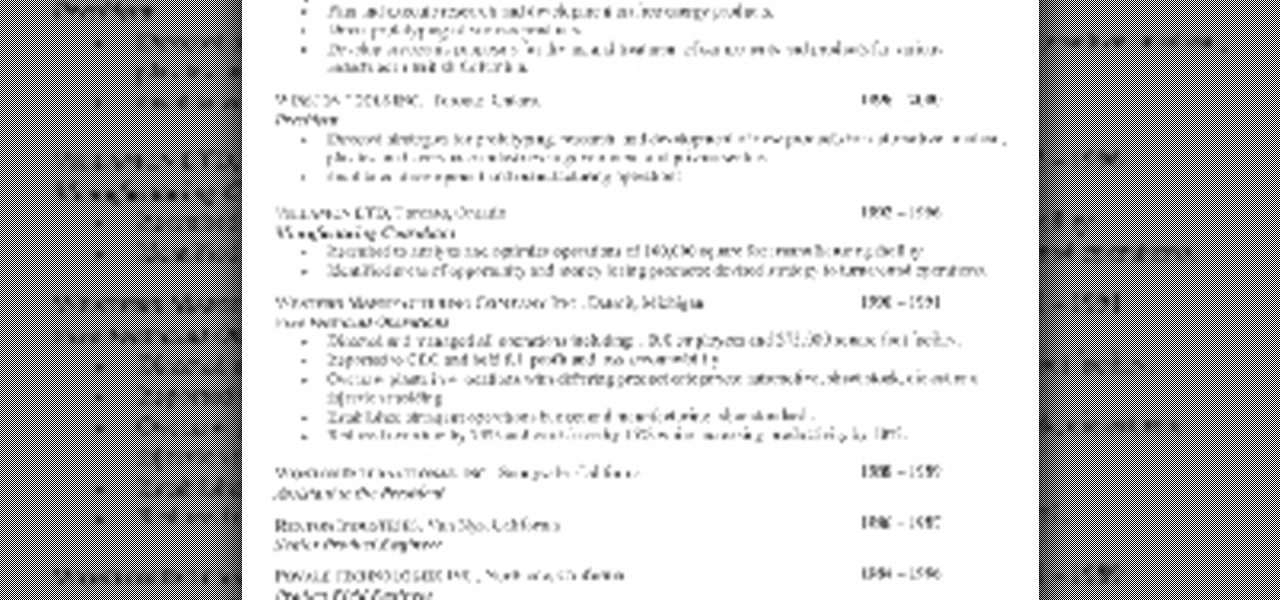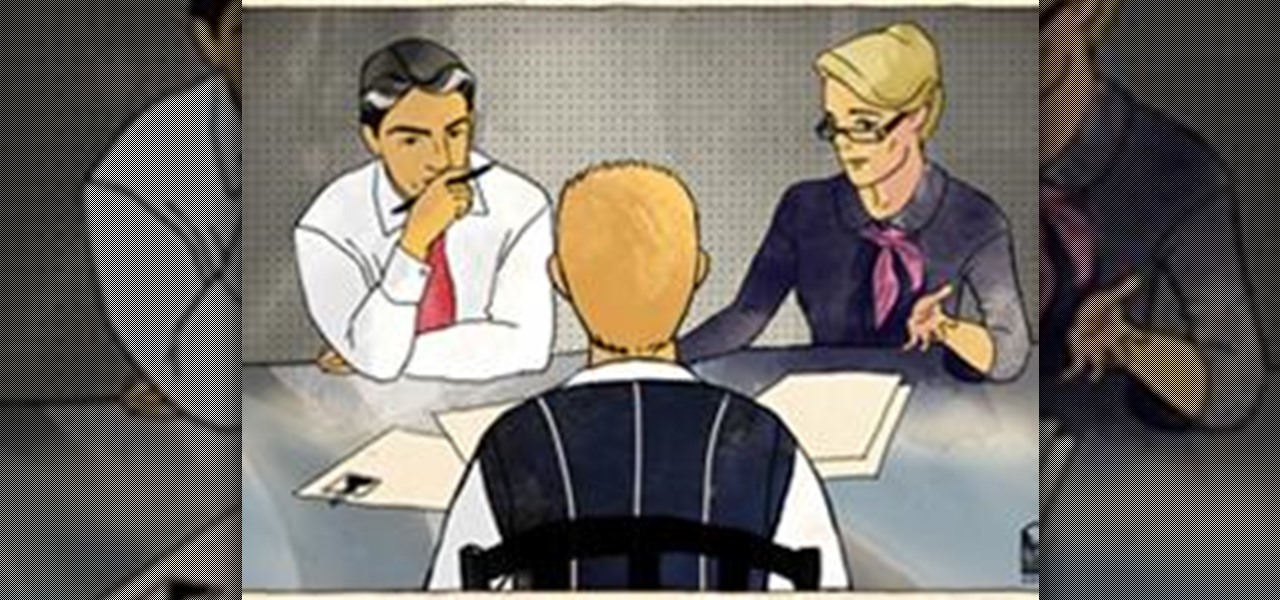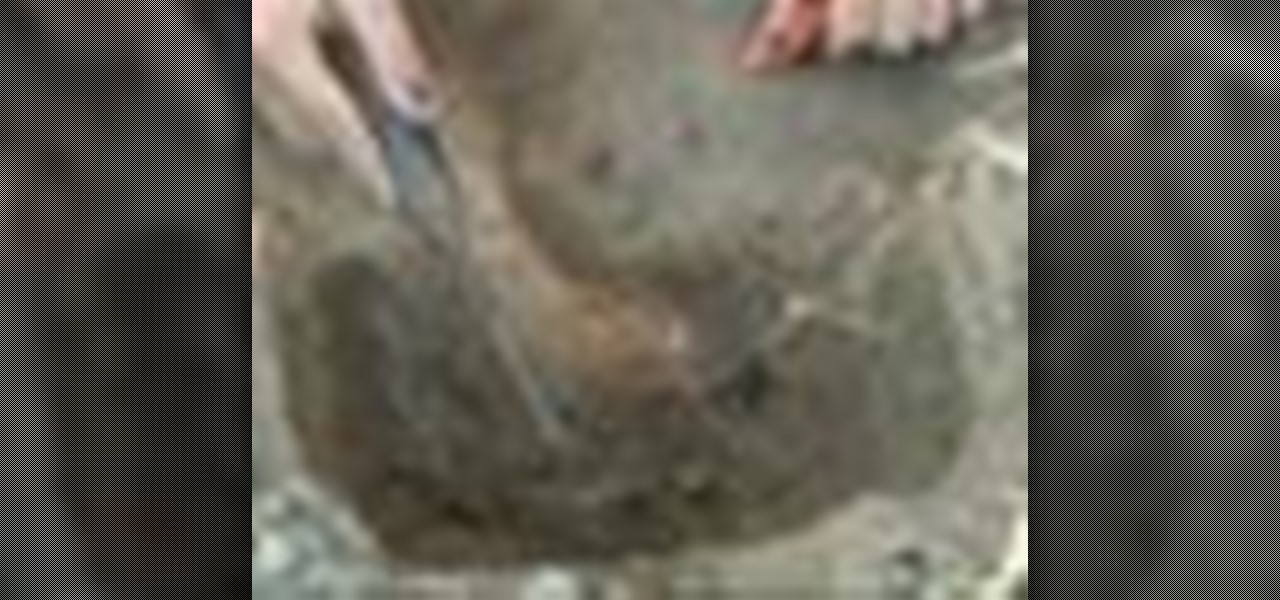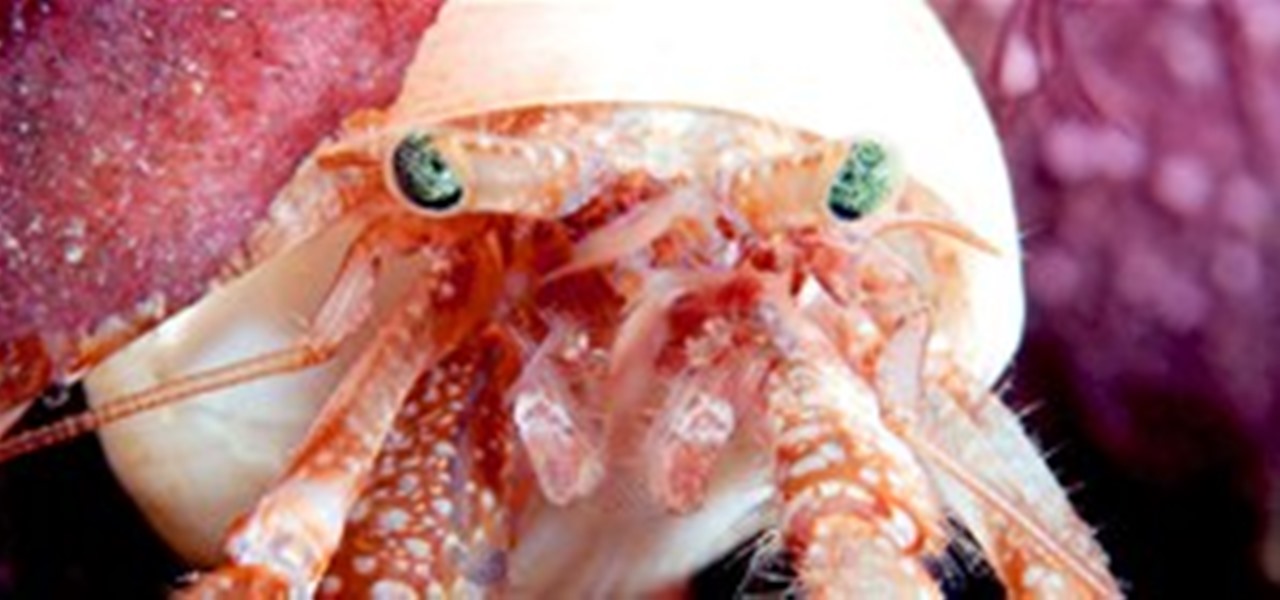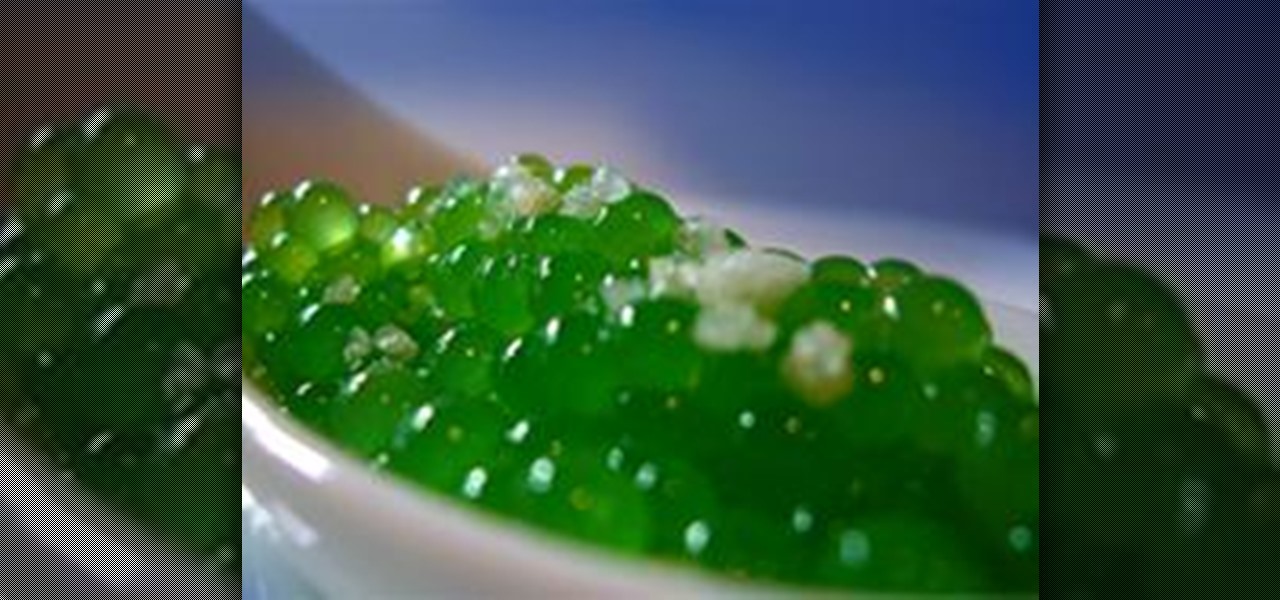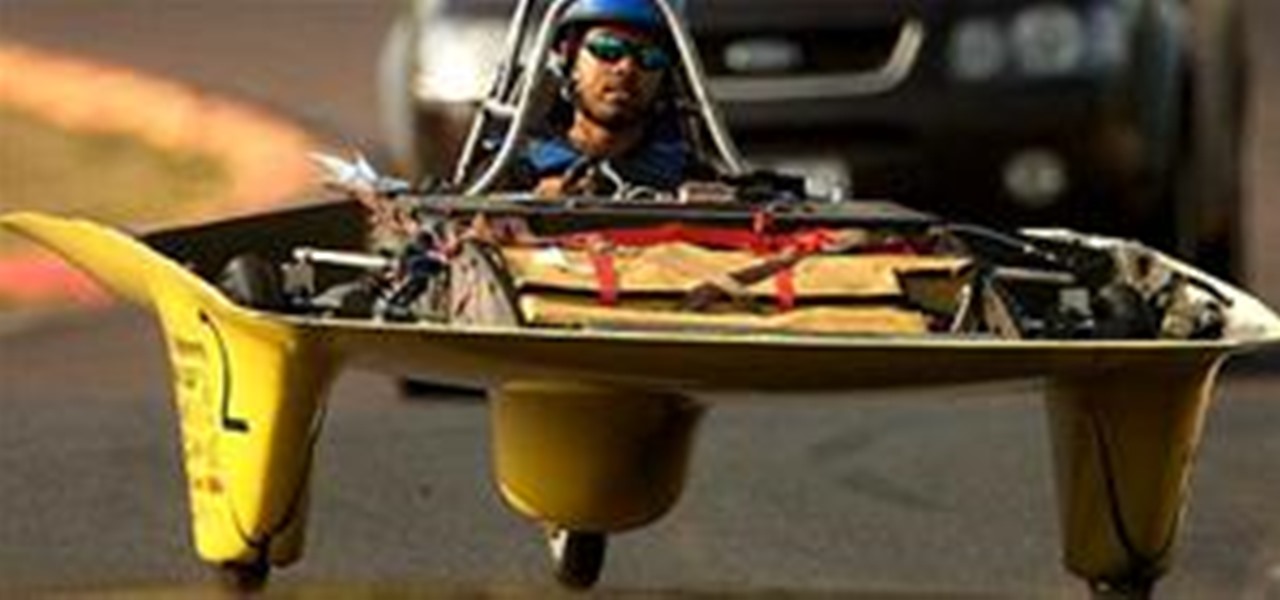
The Interactive Lab Primer (ILP) has been developed as part of the Royal Society of Chemistry Teacher Fellowship Scheme, one of the themes of the Chemistry for Our Future program, and initiative which aims to secure a strong and sustainable future for the chemical sciences in higher education. The aim of the ILP is to address the diverse range of experience and skills students bring with them to a university by offering a resource to support their transition from school to the university chem...
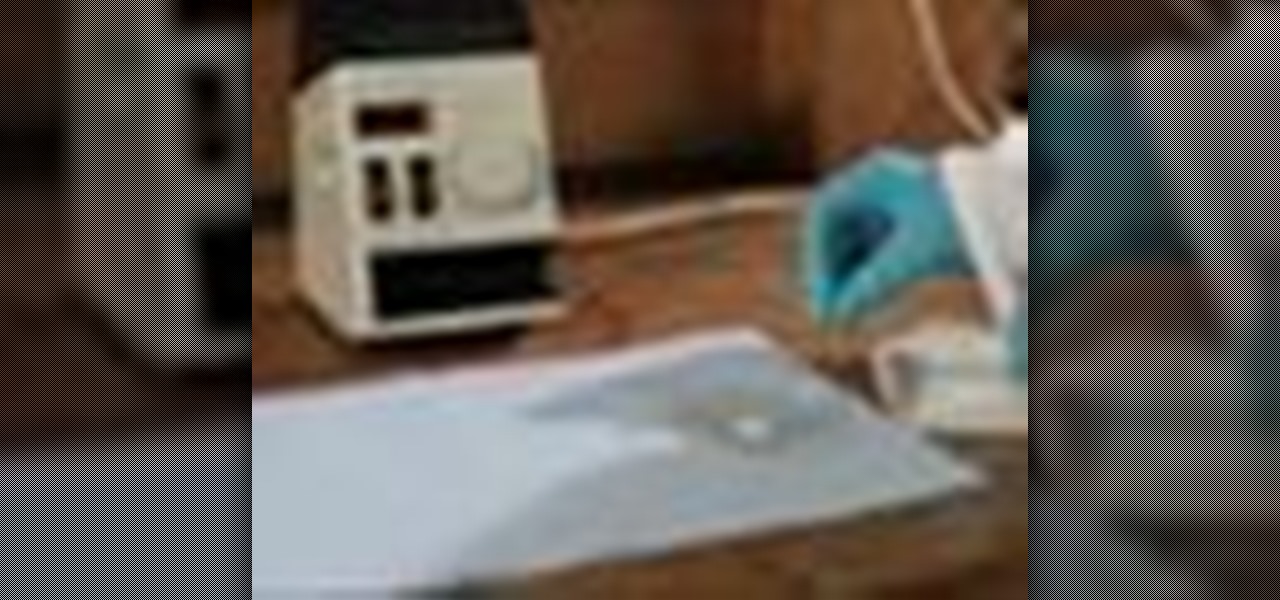
The Interactive Lab Primer (ILP) has been developed as part of the Royal Society of Chemistry Teacher Fellowship Scheme, one of the themes of the Chemistry for Our Future program, and initiative which aims to secure a strong and sustainable future for the chemical sciences in higher education. The aim of the ILP is to address the diverse range of experience and skills students bring with them to a university by offering a resource to support their transition from school to the university chem...

The Interactive Lab Primer (ILP) has been developed as part of the Royal Society of Chemistry Teacher Fellowship Scheme, one of the themes of the Chemistry for Our Future program, and initiative which aims to secure a strong and sustainable future for the chemical sciences in higher education. The aim of the ILP is to address the diverse range of experience and skills students bring with them to a university by offering a resource to support their transition from school to the university chem...

The Interactive Lab Primer (ILP) has been developed as part of the Royal Society of Chemistry Teacher Fellowship Scheme, one of the themes of the Chemistry for Our Future program, and initiative which aims to secure a strong and sustainable future for the chemical sciences in higher education. The aim of the ILP is to address the diverse range of experience and skills students bring with them to a university by offering a resource to support their transition from school to the university chem...
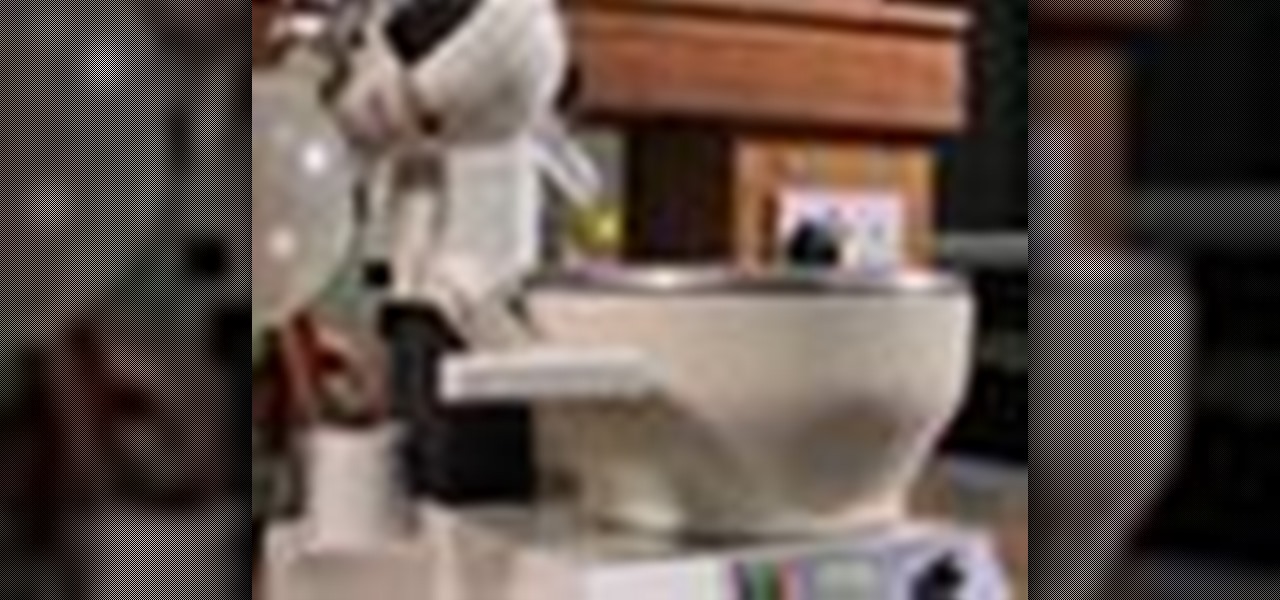
The Interactive Lab Primer (ILP) has been developed as part of the Royal Society of Chemistry Teacher Fellowship Scheme, one of the themes of the Chemistry for Our Future program, and initiative which aims to secure a strong and sustainable future for the chemical sciences in higher education. The aim of the ILP is to address the diverse range of experience and skills students bring with them to a university by offering a resource to support their transition from school to the university chem...
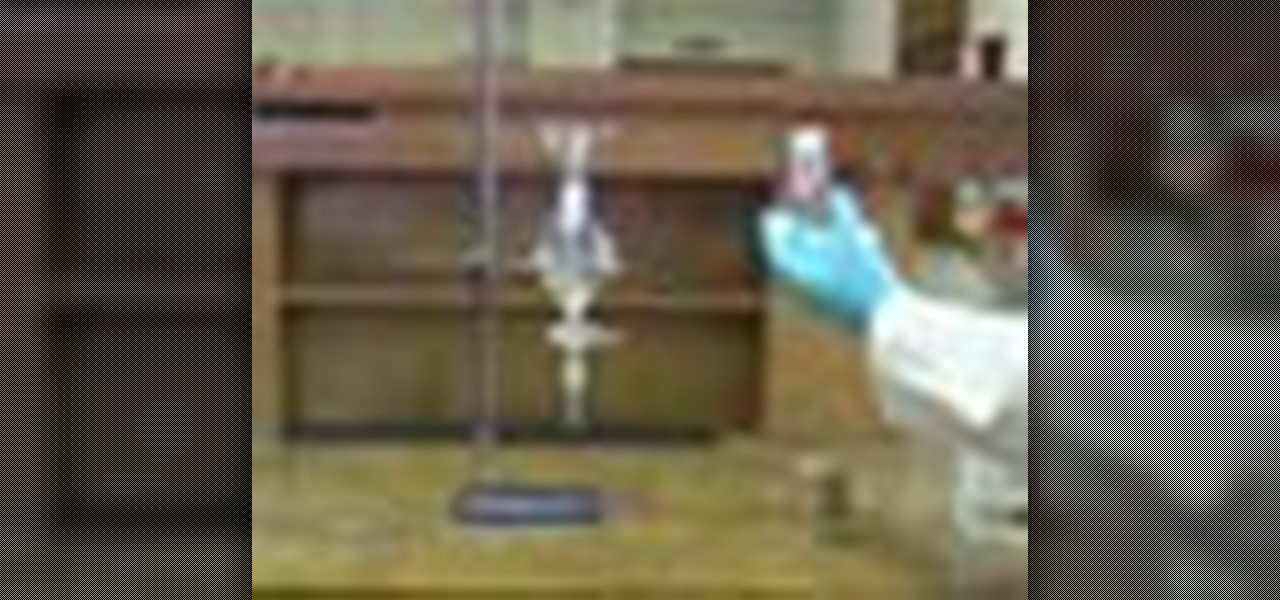
The Interactive Lab Primer (ILP) has been developed as part of the Royal Society of Chemistry Teacher Fellowship Scheme, one of the themes of the Chemistry for Our Future program, and initiative which aims to secure a strong and sustainable future for the chemical sciences in higher education. The aim of the ILP is to address the diverse range of experience and skills students bring with them to a university by offering a resource to support their transition from school to the university chem...

The Interactive Lab Primer (ILP) has been developed as part of the Royal Society of Chemistry Teacher Fellowship Scheme, one of the themes of the Chemistry for Our Future program, and initiative which aims to secure a strong and sustainable future for the chemical sciences in higher education. The aim of the ILP is to address the diverse range of experience and skills students bring with them to a university by offering a resource to support their transition from school to the university chem...

The Interactive Lab Primer (ILP) has been developed as part of the Royal Society of Chemistry Teacher Fellowship Scheme, one of the themes of the Chemistry for Our Future program, and initiative which aims to secure a strong and sustainable future for the chemical sciences in higher education. The aim of the ILP is to address the diverse range of experience and skills students bring with them to a university by offering a resource to support their transition from school to the university chem...

The Interactive Lab Primer (ILP) has been developed as part of the Royal Society of Chemistry Teacher Fellowship Scheme, one of the themes of the Chemistry for Our Future program, and initiative which aims to secure a strong and sustainable future for the chemical sciences in higher education. The aim of the ILP is to address the diverse range of experience and skills students bring with them to a university by offering a resource to support their transition from school to the university chem...

The Interactive Lab Primer (ILP) has been developed as part of the Royal Society of Chemistry Teacher Fellowship Scheme, one of the themes of the Chemistry for Our Future program, and initiative which aims to secure a strong and sustainable future for the chemical sciences in higher education. The aim of the ILP is to address the diverse range of experience and skills students bring with them to a university by offering a resource to support their transition from school to the university chem...

An incredible step by step breakdown for how to draw a head and learn facial proportions, courtesy of the Academy of Art University. This guided tutorial will bring out your inner Picasso in no time. Draw a head, impeccably.

Drawing blood is only responsibility for hospital nurses, but a very important one, so knowing the proper procedure is up to you to master. You can only become efficient at taking blood samples by practicing, but you should also know all of the phlebotomy methods for extracting blood cultures. This interactive video module will help familiarize you with the phlebotomy medical procedures (three different versions), but is not meant to be your sole method of instruction— always ask for supervis...

What is DansGuardian? Schools, offices and universities often tend to use a software like DansGuardian to prevent people from accessing certain websites - websites like Youtube, Facebook, Myspace, and so on. However, if you ever find yourself in a situation where you need to access a blocked website... it's possible! As a matter of fact, it's quite easy.

Guitar Essentials My friends and I would secretly scribble tab in the darkly lit practice rooms in our university even though we were educated musicians. So, being able to read tablature, or tab, is essential for beginning guitarists.

Deadly natural disasters can happen at any moment— earthquakes, hurricanes, tsunamis, floods, fires and especially tornadoes. That's why you have to be prepared.

Understanding arrow flight can make you more effective in the whitetail woods. This tip from professional archer and hunter Larry Wise teaches you how to powder test your arrows for bowhunting. He shows you that paper and powder testing will reveal your arrow problems, to avoid misses when you bowhunt.

The art of shooting to a new degree! This tip from professional archer and hunter Larry Wise teaches you how to bow hunt steep shots by aiming downhill. He covers exactly how to shoot and aim downhill, going through all of the mathematical equations you should know when you bowhunt. hunting isn't just fun, it involves math, too!

The art of a perfect seamless shot hinges on your form. This tip from professional archer and hunter Larry Wise teaches you how to reduce misses when bowhunting. He covers the most common reason for the MISS when you bowhunt, which could be the string hitting the sleeve, catching on your vest or shoulder, probably because the bow is not set for the correct bow length.

Learn how to get your body into the best bio-mechanical position to execute the shot. This tip from professional archer and hunter Larry Wise teaches you how to bow hunt with the best bio-mechanical stance. He shows you the stance -- the full draw position -- to execute the shot with back tension when you bowhunt.

The Department of Biological Sciences at the University of Alberta brings you this flash animated video tutorial specifically relevant to your student laboratory courses, specifically microbiology. If you're a student at any school of biology, this information will be helpful for learning how to make a wet mount.

The Department of Biological Sciences at the University of Alberta brings you this flash animated video tutorial specifically relevant to your student laboratory courses, specifically microbiology. If you're a student at any school of biology, this information will be helpful for learning how to streak a plate and see bacterial culture growth.

The Department of Biological Sciences at the University of Alberta brings you this flash animated video tutorial specifically relevant to your student laboratory courses, specifically microbiology. If you're a student at any school of biology, this information will be helpful for learning how to perform in vitro transcription.

The Department of Biological Sciences at the University of Alberta brings you this flash animated video tutorial specifically relevant to your student laboratory courses, specifically microbiology. If you're a student at any school of biology, this information will be helpful for learning how to perform a microbiological analysis of food.

Moules marinière is a delicious French recipe, where "moules" means mussels and "marinière" means mariner's style. It's a classic mussels dish great for any seafood and shellfish lover. But remember… classic does not have to be complicated.

When you sauté kale, it tends to retain all of its nutritional value, whereas boiling and steaming kale will kill the vitamin-enriched goodness. So, this simple kale side dish should be in every cook's recipe box. Kale by itself has a rather bitter flavor, but when cooked in soup or even just briefly with garlic and oil, it's delicious. Harvard University's Martin Breslin shares a quick side dish that's good for you, goes with fish or meats, uses only one pan, and clean-up is a breeze. Best o...

One of the key tasks of a nurse is being able to take blood samples, and the only way to get good at the procedure is by practice. Knowing the steps to drawing blood (to go to the lab) is key to both yours and your patient's safety. This interactive video module will help familiarize you with the phlebotomy medical procedure, but is not meant to be your sole method of instruction— always ask for supervision in performing a procedure if you've never done one before, or have little experience.

IV's are used on patients to either administer fluids or medicines, and for a nurse, it's the number one task performed on the job in a hospital. Knowing the proper procedure for peripheral intravenous catheter insertion is a must. This interactive video module will help familiarize you with the medical procedure, but is not meant to be your sole method of instruction— always ask for supervision in performing a procedure if you've never done one before, or have little experience.

On CBS Sunday night, Mark Zuckerberg talked with Lesley Stahl on "60 Minutes" about his life as the CEO of mega-social media site Facebook.

The resume is an essential tool for getting freelance work assignments. A well written article is not enough when trying to secure a freelance or staff position as a writer. Publishers want to see a resume. It gives the writer an outstanding opportunity to introduce themselves and it gives the editor a general idea of who you are, where you've been, and the work you've completed.

I know there are many students going for their first job that are new to the whole interview process. This is why I’m writing this article—to provide some tips on making your first interview experience simpler and hopefully successful. I’m currently in a university, but I had my first job when I was in ninth grade. I’ve held a few jobs and have undergone interviews many times. Sometimes they didn’t go so well, but I did learn from my mistakes. As I learned, I became better at interviews and s...

Danny Shader talks about how to keep your employees motivated in this video taken from the Stanford University Speaker Series. First, start by making them feel they are working on an important goal that is more important than any individual. Keep your employees motivated.

Lisa Nichols, contributing author of The Secret and one of the great inspirational speakers of our time, believes the best way to stay motivated when continuing your education is to “begin with the end in mind.” Pushing forward through challenges is what makes accomplishment so gratifying. Every accomplishment leads to personal growth. Nichols believes that making the completion of your degree “non-negotiable” means that you will not settle for anything less.

Need to know how to use your Texas Instruments graphing calculator for your college math or statistics class? You're in luck... watch this video tutorial to see how to use ANOVA with a TI-83 graphing calculator. What is ANOVA? One-way Analysis of Variance.

We've all done it. You're sick. You don't want to go to the doctor so you just Google it. Soon, you've perused dozens of websites with conflicting information, you're no better informed than when you started, and your confusion makes you feel worse about your predicament. Would you have been better off not Googling in the first place?

Where do you go? How do you know how to look for fossils? How about dinosaur fossils? That's a very good question, and the Museum of the Rockies has the answer, along with Mark B. Goodwin, Ph.D., Assistant Director of the Museum of Paleontology at the University of California, Berkeley.

In recent years, Russian marine biologist Alexander Semenov has built a stunningly beautiful collection of deep sea photography, capturing alien creatures only locatable in the hostile, icy depths of the far northern sea off the coast of Russia.

The fancier the cortex, the smarter the brain? July 17, 2009

I first heard the term molecular gastronomy while watching an episode of Bravo's Top Chef a few seasons back. Intrigued by the concept, I sought to find out more about this modern, deconstructed type of cookery. If you happen to be around foodies and the topic of molecular gastronomy comes up (which very likely will at some point) you'll want to have a few points to contribute and maybe even give them a run for their money.
Student group hopes to keep bikes on campus By Conrad wilton · Daily Trojan

If you saw this so-called automobile out on the street, you'd probably think a UFO had landed, but sure enough, it's a car - a solar powered race car.









